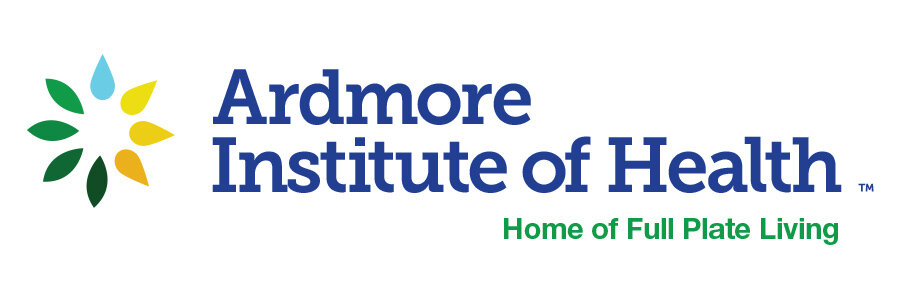Sleep More, Eat Less
The National Sleep Foundation’s evidenced-based recommendation for the optimal amount of sleep for adults is 7-9 hours a night(1). Approximately 1 in 3 adult Americans report sleeping less than seven hours a night,(2) making inadequate sleep a major public health problem.
Inadequate sleep is also a risk factor for obesity(3),(4), which is another major public health problem. Is there a connection?
Recent study(5)
A recent study suggests there is a connection, which a previous systematic review implied.(6) Twenty-four women who were not obese, had no sleep disorders and normally slept 7-9 hours a night were randomly assigned to one night of their usual sleep duration or to a night with a third less hours of sleep. So, for example, on the short sleep night, if a woman usually slept seven hours she would sleep about four hours and 45 minutes; if a woman typically slept eight hours she would sleep five and a half.
The day after sleeping less, not surprisingly, the women reported increased tiredness and sleepiness. But they also experienced more hunger, stronger food cravings, served themselves 14% more calories at lunch by taking larger portions of food and clicked a computer mouse for chocolate candy more often. The authors conclude: “Taken together, these responses and behaviors could contribute to an increased intake [of food] and, ultimately, weight gain.”
This study supports previous research in healthy men showing increased food intake after one night of only four hours of sleep compared to sleeping eight hours.(7) What is significant about this study is that even though the decreases in sleep time were modest, similar to what people would normally experience, they still resulted in participants eating more food the next day.
Recommendations
In order to optimize your health and decrease your risk of obesity, work on getting 7-9 hours of sleep a night.
Here are seven tips from the National Sleep Foundation for helping you get a good night’s sleep:(8)
Stick to a sleep schedule, even on weekends.
Practice a relaxing bedtime routine.
Exercise daily. Avoid vigorous exercise right before bedtime.
Evaluate your bedroom to ensure ideal temperature (60-67℉), sound (none) and light (none; use room darkening or blackout blinds or shades).
Sleep on a comfortable mattress and pillows.
Beware of hidden sleep stealers, like alcohol and caffeine.
Turn off electronics before bed (at least 30 minutes before bedtime).
If after incorporating these tips you still have problems getting adequate sleep on a consistent basis, consult with your doctor or a sleep specialist.
References
Hirshkowitz M, Whiton K, Albert SM, Alessi C, Bruni O, DonCarlos L, Hazen N, Herman J, Adams Hillard PJ, Katz ES, Kheirandish-Gozal L, Neubauer DN, O'Donnell AE, Ohayon M, Peever J, Rawding R, Sachdeva RC, Setters B, Vitiello MV, Ware JC. National Sleep Foundation's updated sleep duration recommendations: final report. Sleep Health. 2015 Dec;1(4):233-243. doi: 10.1016/j.sleh.2015.10.004. Epub 2015 Oct 31. PMID: 29073398.
Gangwisch JE, Malaspina D, Boden-Albala B, Heymsfield SB. Inadequate sleep as a risk factor for obesity: analyses of the NHANES I. Sleep. 2005 Oct;28(10):1289-96. doi: 10.1093/sleep/28.10.1289. PMID: 16295214.
Knutson KL. Does inadequate sleep play a role in vulnerability to obesity? Am J Hum Biol. 2012 May-Jun;24(3):361-71. doi: 10.1002/ajhb.22219. Epub 2012 Jan 24. PMID: 22275135; PMCID: PMC3323702.
Yang CL, Schnepp J, Tucker RM. Increased Hunger, Food Cravings, Food Reward, and Portion Size Selection after Sleep Curtailment in Women Without Obesity. Nutrients. 2019 Mar 19;11(3):663. doi: 10.3390/nu11030663. PMID: 30893841; PMCID: PMC6470707.
Capers PL, Fobian AD, Kaiser KA, Borah R, Allison DB. A systematic review and meta-analysis of randomized controlled trials of the impact of sleep duration on adiposity and components of energy balance. Obes Rev. 2015;16(9):771-782. doi:10.1111/obr.12296
Brondel L, Romer MA, Nougues PM, Touyarou P, Davenne D. Acute partial sleep deprivation increases food intake in healthy men. Am J Clin Nutr. 2010 Jun;91(6):1550-9. doi: 10.3945/ajcn.2009.28523. Epub 2010 Mar 31. PMID: 20357041.
https://www.sleepfoundation.org/articles/nsf-tool-get-right-amount-sleep

